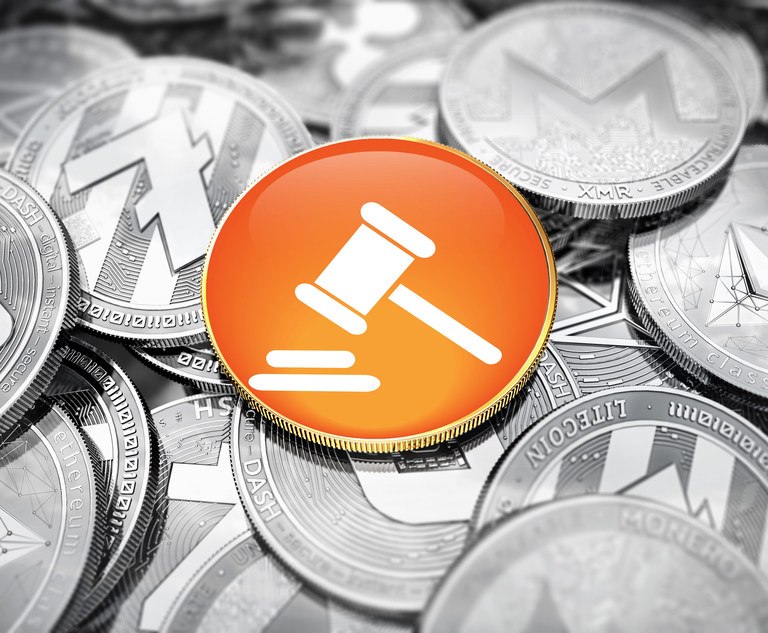Since bitcoin’s birth in 2009, cryptocurrency has been the black sheep of the digital asset world, showing the first promises of a decentralized financial system, while also being a vital tool for bad actors and under-the-table transactions.
For U.S. regulators, like the Securities and Exchange Commission (SEC), the blockchain-backed currency has long been a vexing alternative to the traditional dollar. On the one hand, its qualities have been too distinct to pass the legal tests required for the agency to have jurisdiction over it. But on the other, crypto users have increasingly been trading in ways that the SEC deems worthy of regulation.
This content has been archived. It is available through our partners, LexisNexis® and Bloomberg Law.
To view this content, please continue to their sites.
Not a Lexis Subscriber?
Subscribe Now
Not a Bloomberg Law Subscriber?
Subscribe Now
LexisNexis® and Bloomberg Law are third party online distributors of the broad collection of current and archived versions of ALM's legal news publications. LexisNexis® and Bloomberg Law customers are able to access and use ALM's content, including content from the National Law Journal, The American Lawyer, Legaltech News, The New York Law Journal, and Corporate Counsel, as well as other sources of legal information.
For questions call 1-877-256-2472 or contact us at [email protected]


 Cryptocurrency. (Photo illustration by Jason Doiy/ALM)
Cryptocurrency. (Photo illustration by Jason Doiy/ALM)





